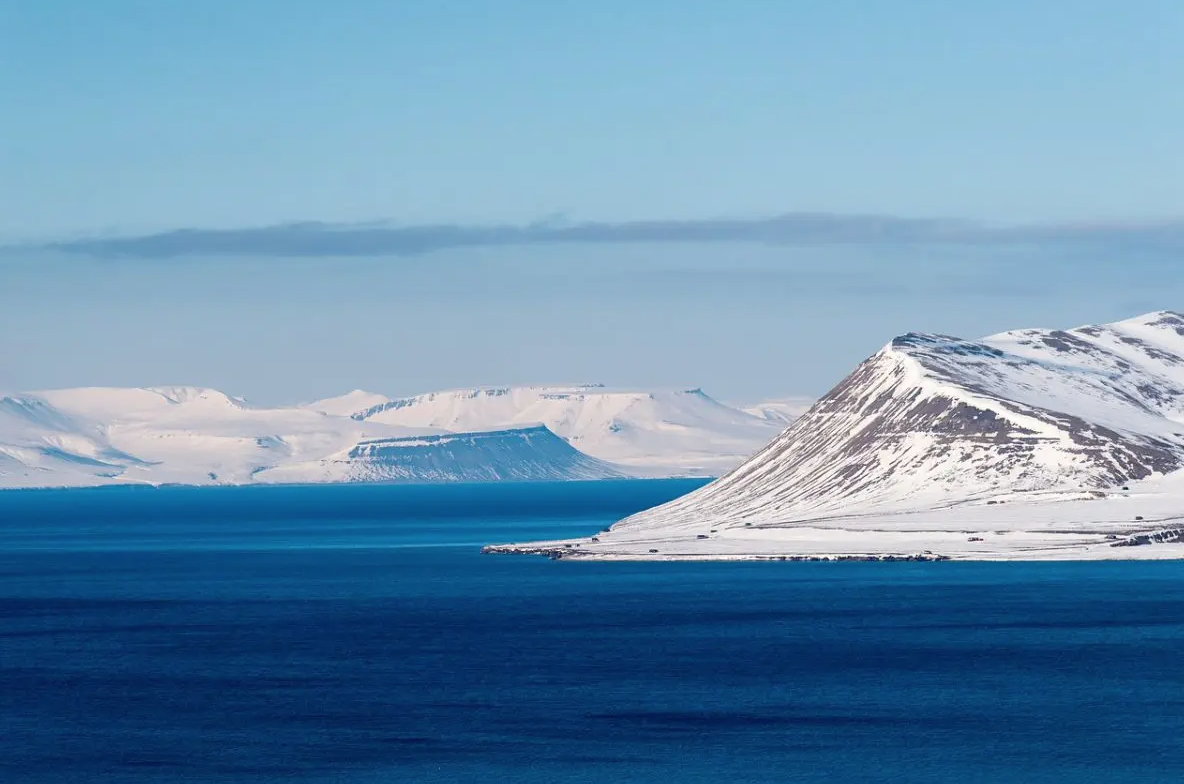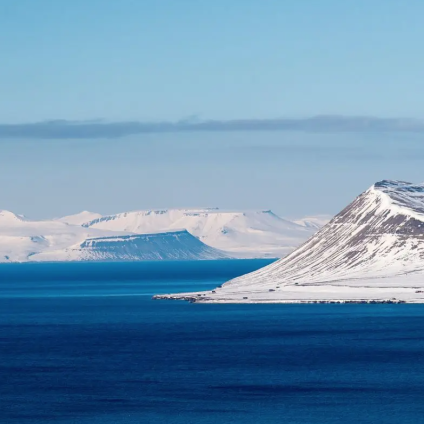The region with the most pronounced trend is the northern part of the Barents Sea. Between the archipelago of Svalbard and that of the Franz Josef Land the thermal anomaly for a decade is also +2,71° C
New data of global warming in the Arctic
(Sustainabilityenvironment.com) – The North Pole is one of the regions of the planet where global warming is fastest. On average, as in the Alps, the thermal anomaly is double. But this is just an average. In some areas, in fact, global warming and climate change in the Arctic are up to 7 times more consistent than elsewhere. This is demonstrated by the new data collected by the Norwegian Meteorological Institute and published in a study in Scientific Reports.
The hottest territory of the North Pole is the northern part of the Barents Sea. Here global warming runs at a speed of 2.7 degrees Celsius plus the average temperature every decade. In the autumn period, particularly critical because it is the moment when the ice sheet begins to reform, the average global warming reaches a rate of 4°C per decade.
What global warming means, and what are its effects
“We expected to see a strong warm-up, but not the range we found,” comments Ketil Isaksen, senior researcher at the Norwegian Meteorological Institute and first signing of the work. “We were all surprised. From what we know from all the other observation points of the globe, these are the highest rates of warming we have observed so far”.
read also Global warming, 50% chance of exceeding 1.5 ºC within 5 years
Compared to the global average, equal to +0.32°C /decade, global warming in the Arctic is 0.86°C. The data collected between Franz Josef Land and the Svalbard archipelagos, on the other hand, show much higher rates of warming.
In the Norwegian Islands, Verlegenhuken was awarded global warming of 1.47°C per decade, Edgeøya 1.76°C, and Karl XII-øya an absolute record of 2.71 °C per decade. In the Russian-controlled islands, however, the study found a 2.17 ºC warming.













